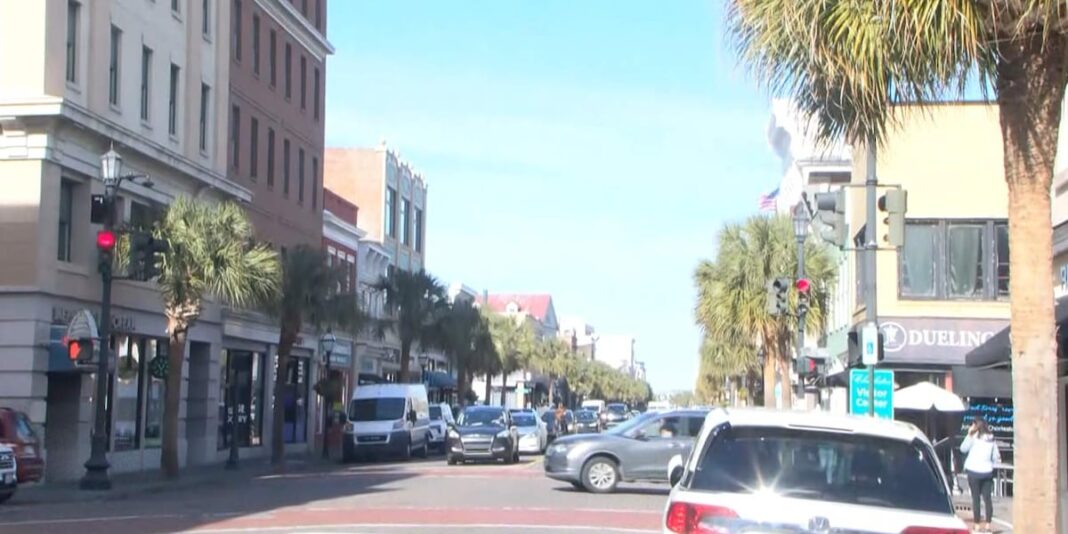Embracing Diversity: The South Carolina African American Tourism Conference in Charleston
The South Carolina African American Tourism Conference is set to return to Charleston this weekend, designed to promote increased participation from the Black community in the state’s thriving tourism sector. According to U.S. Census data, African Americans comprise 25% of South Carolina’s population, highlighting the untapped potential within these communities to shape the state’s tourism landscape.
Workshops and Resources for Community Engagement
This year’s conference aims to provide essential resources through a variety of workshops specifically tailored to engage more individuals in tourism. Participants will have the opportunity to learn about the economic significance of tourism for the Palmetto State, which remains a major driver of its economy. The focus is on creating inclusive pathways for Black South Carolinians to not only engage with but also lead in the industry.
Personal Stories Inspire Business Ventures
One inspiring figure in this movement is Kendra Williams, a passionate history enthusiast who recognizes the importance of storytelling. Williams relocated to South Carolina 25 years ago, immersing herself in the local history and community narratives. She observed that stories of the past were not being preserved as the elders who carried them began to fade. Venturing into this gap, she envisioned creating a platform to keep these vital narratives alive, especially those of Black history.
After attending the South Carolina African American Tourism Conference four years ago, Williams gained valuable insights on marketing, funding, and the necessity for Black voices in tourism. This pivotal experience led her to launch her own walking tour company, Big Tours Black History, in Greenville, allowing her to share the rich and often overlooked histories of the region.
Conference Goals and Participation
As organizers prepare for this weekend’s event, they emphasize that the conference is not exclusive but invites all who wish to foster African American participation in the tourism industry. Victoria Boynton Moore, a digital media panelist returning for her third year, highlights the broader mission of the conference. It aims to connect participants with essential tools and best practices for success.
This year’s sessions are designed to tackle varied topics that range from tax grants for tourism-related businesses to advanced marketing techniques, including discussions on artificial intelligence. The dual focus allows attendees to explore practical financial strategies while also embracing modern marketing channels to reach diverse audiences.
Inclusion and Representation in Tourism
With a significant portion of South Carolina’s population being Black, the conference poses an important question: How are Black communities impacting the trajectory of the tourism industry? Through workshops and networking opportunities, organizers aspire to empower Black entrepreneurs and leaders in tourism, enabling them to contribute meaningfully to the sector’s growth.
Boynton Moore expresses optimism about the future of tourism in South Carolina, stating that there is ample room for diverse voices at the table. The belief is simple yet profound: when one group rises, everyone benefits. The conference embraces the idea of collective support, urging participants to consider both those who are established in the field and those who are just beginning their journeys.
Event Details and Registration
The South Carolina African American Tourism Conference will be held this Saturday at 9 a.m. at the College of Charleston’s Beatty Center, located at 5 Liberty St. It promises to be a fruitful opportunity for those interested in expanding their roles in tourism and learning from experienced professionals.
To participate, you can register for the conference through this link.
As the state moves forward, the presence of a dedicated conference aimed at fostering Black contributions to tourism reflects a commitment to inclusivity and diversity—an essential evolution in South Carolina’s cultural and economic narrative.



